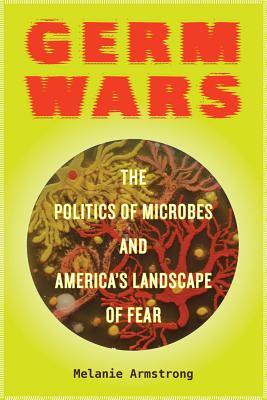Expedite your nonfiction book discovery process with Readara interviews, summaries and recommendations, Broaden your knowledge and gain insights from leading experts and scholars
In-depth, hour-long interviews with notable nonfiction authors, Gain new perspectives and ideas from the writer’s expertise and research, Valuable resource for readers and researchers
Optimize your book discovery process, Four-to eight-page summaries prepared by subject matter experts, Quickly review the book’s central messages and range of content
Books are handpicked covering a wide range of important categories and topics, Selected authors are subject experts, field professionals, or distinguished academics
Our editorial team includes books offering insights, unique views and researched-narratives in categories, Trade shows and book fairs, Book signings and in person author talks,Webinars and online events
Connect with editors and designers,Discover PR & marketing services providers, Source printers and related service providers

Germ Wars: The Politics of Microbes and America's Landscape of Fear Volume 2
Science > Environmental Science (see also Chemistry - Environmental)
- University of California Press
- Paperback
- 9780520292772
- 9.02 X 5.98 X 0.68 inches
- 0.98 pounds
- Science > Environmental Science (see also Chemistry - Environmental)
- (Single Author) Asian American
- English
Readara.com
Book Description
Germ Wars demonstrates that these movements did not occur separately but are instead deeply entwined--new scientific knowledge of microbes makes possible new mechanisms of war. Whether to eliminate disease or create weapons, the work to harness and control germs and the history of these endeavors provide an important opportunity for investigating how biological natures shape modern life. Germ Wars aims to convince students and scholars as well as policymakers and activists that the ways in which bioterrorism has been produced have consequences for how people live in this world of unspecifiable risks.
Author Bio
Melanie Armstrong is the Public Lands Coordinator for the Masters of Environmental Management Program at Western Colorado University. She teaches courses on environmental politics and policy, management skills, public lands, the politics of nature, and environmental history.
Her forthcoming book, Germ Wars: The Politics of Nature and America’s Landscape of Fear, examines the politics enabled by the belief that nature—in this case microbes—can be managed through cultural practices. Her research interests include political ecology, environmental history, and science and technology studies. She worked for the National Park Service for 15 years, participating firsthand in the political actions that shape the landscapes of the American West.
Source: Western Colorado University
Videos
No Videos
Community reviews
No Community reviews

